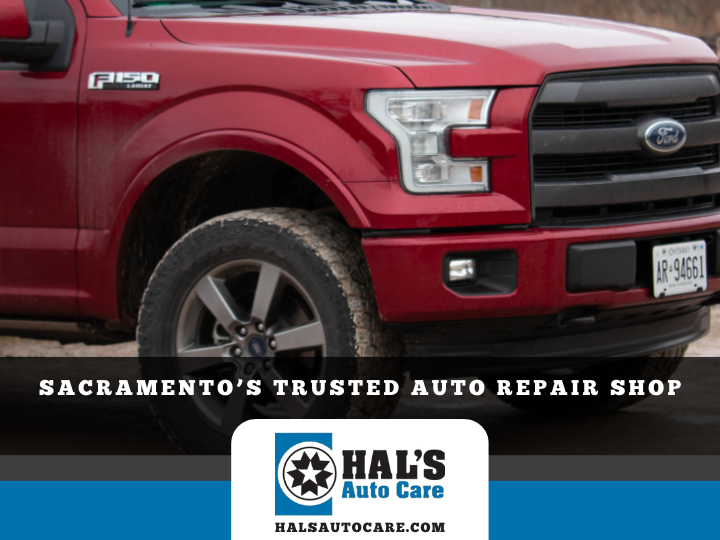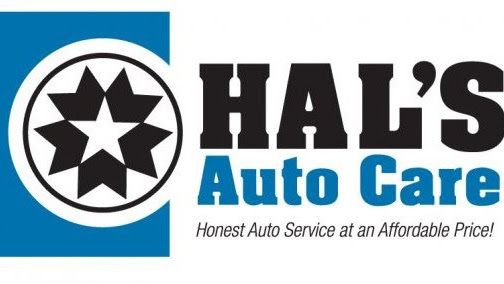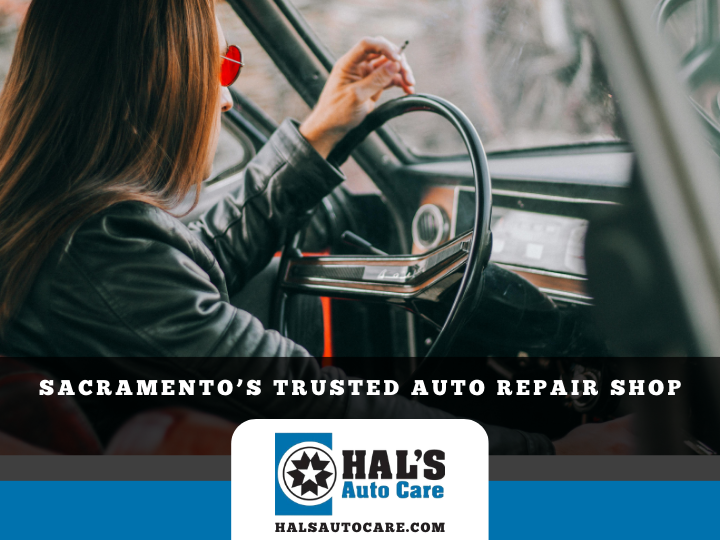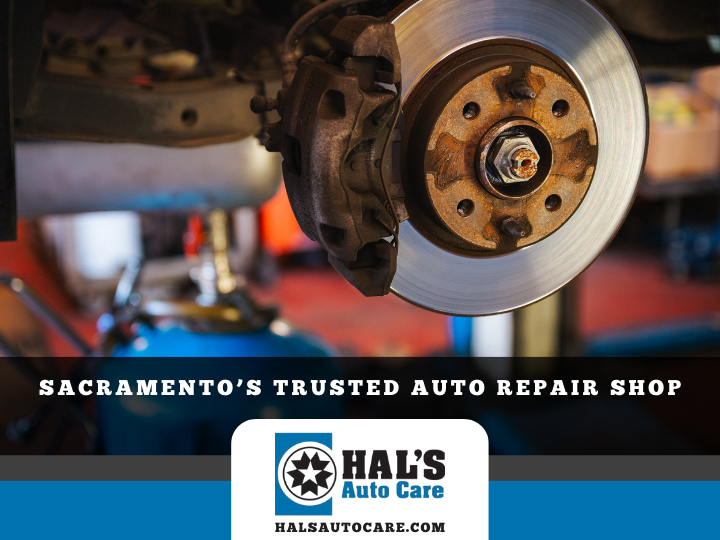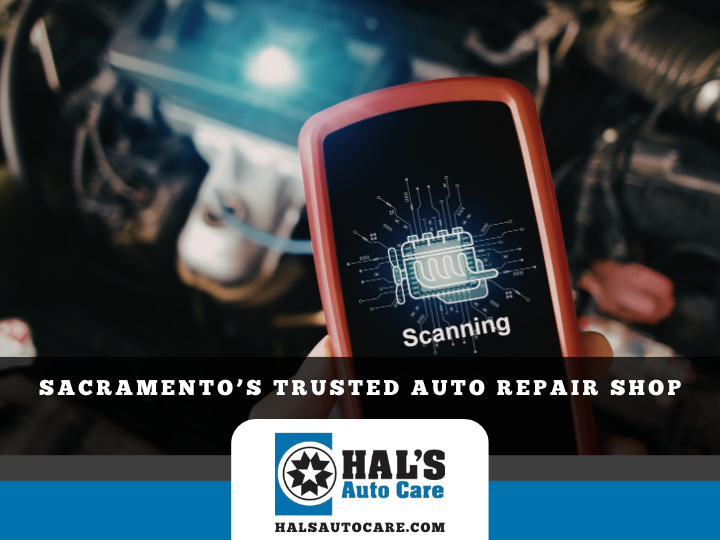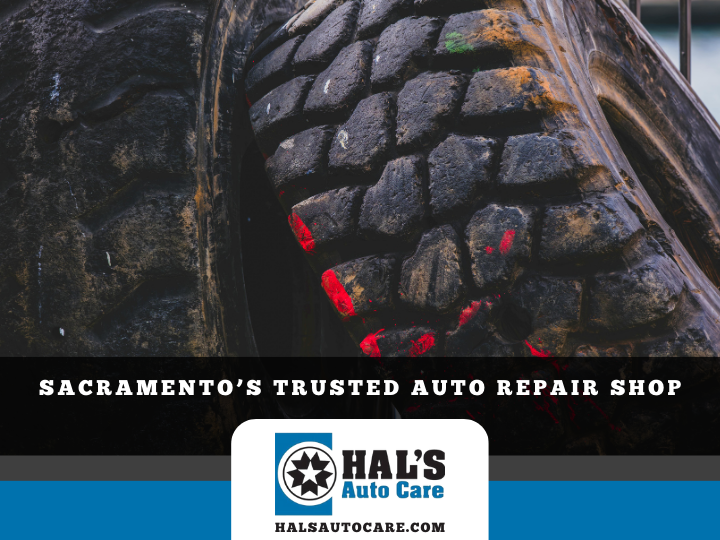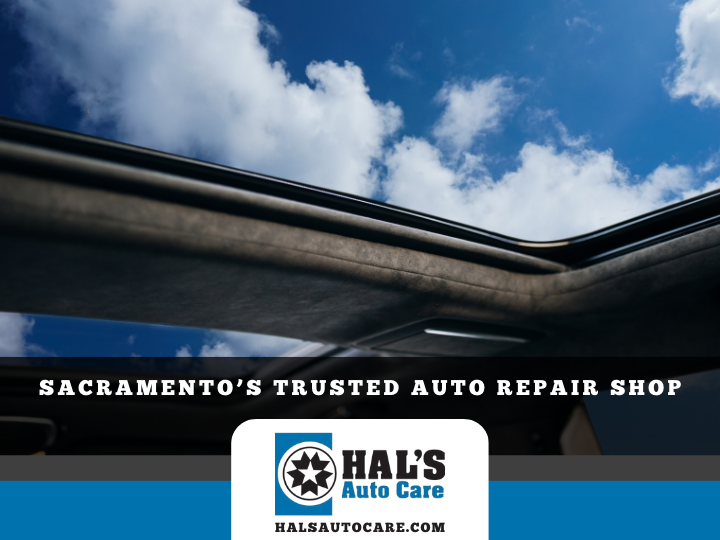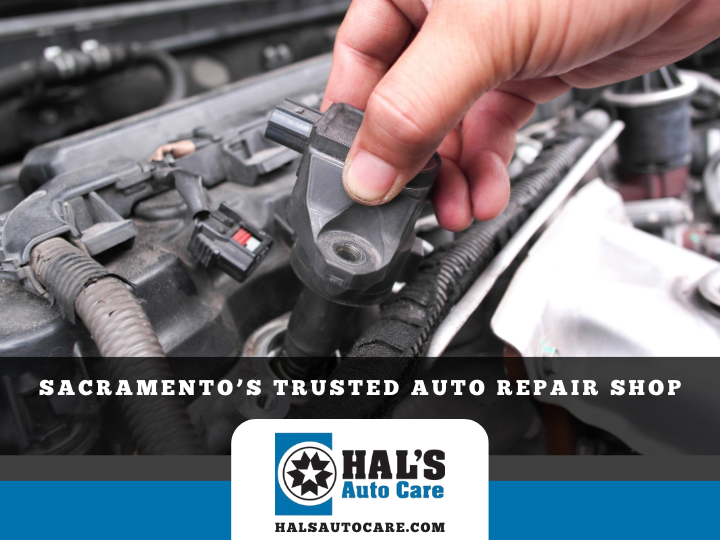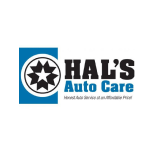What Happens If You Let Your Car Sit Too Long?
What Happens If You Let Your Car Sit Too Long?
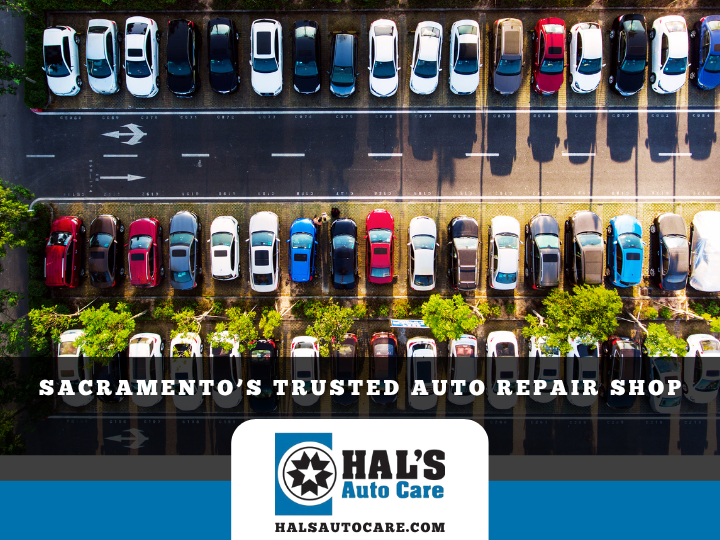
What Happens If You Let Your Car Sit Too Long?
Why Sacramento Drivers Are Experiencing Hidden Car Damage Without Even Knowing It
Sometimes life changes your driving habits. Maybe you’ve started working from home. Maybe you’re recovering from an injury or taking care of family. Or maybe you just don’t use your extra vehicle very often.
Whatever the case, if your car’s been sitting for a while, you may think:
“It’s just parked. What harm could it possibly be doing?”
At Hal’s Auto Care in Sacramento, we see the answer every week. From dead batteries to seized brakes, from pest infestations to failing fuel systems—letting your car sit too long silently causes damage that can lead to thousands in repairs.
If you live in Arden-Arcade, Carmichael, Fair Oaks, Rosemont, East Sacramento, or anywhere in the Sacramento Valley, here’s the real cost of inactivity—and what to do before your parked vehicle becomes a problem.
1. Your Battery Is Dying—Even When Your Car Is Off
Every modern car battery supports low-power systems even when the vehicle is off. That includes:
- Alarm system
- Remote key fob receivers
- Clock memory
- Onboard computers and modules
This is called parasitic draw, and it can kill a battery within weeks.
- After 2–3 weeks: Voltage drops significantly.
- After 4–6 weeks: You may need a jumpstart.
- After 8+ weeks: The battery may be sulfated—permanently damaged and unable to hold a charge.
Sacramento’s dry heat accelerates internal battery breakdown, especially when cars are parked outside near Carmichael or East Sacramento.
2. Tires Start to Go Flat, Dry Rot, and Crack
Tires lose pressure over time—even when not in use. And when a car sits for long periods, the weight compresses the same section of each tire, creating flat spots.
- On hot pavement (like driveways in
Arden-Arcade), sidewalls weaken faster.
- Rubber begins to
crack and rot, especially in dry air.
- Tires can
permanently deform and become unsafe to drive on.
You may feel rough vibration or uneven handling when you finally get back on the road—and by that point, tire replacement is often the only option.
3. Fluids Stop Circulating and Start Breaking Down
Your vehicle’s fluids are formulated to flow, coat, and protect—not to sit still. When a car is inactive:
- Engine oil settles, leaving parts exposed to moisture and internal corrosion.
- Brake fluid absorbs water from the air, degrading its performance and rusting internal lines.
- Coolant can separate and lose its effectiveness, risking overheating.
- Transmission fluid thickens and can damage internal components when re-engaged after long inactivity.
In Rosemont and Fair Oaks, where summer temperatures soar and winter mornings can be brisk, thermal cycling further degrades fluid quality in parked cars.
4. Your Brakes May Be Rusting and Locking Up
Brake rotors are made of metal—and metal rusts fast in humid or coastal-influenced air. Even sitting in a garage doesn’t guarantee protection.
- After a few days:
Light surface rust forms.
- After a few weeks:
Pads may stick to the rotors, and calipers may start to seize.
- After months:
Rust spreads, brake hardware deteriorates, and grinding or squealing occurs when driven again.
This is one of the most common hidden issues we see in cars left parked in Sacramento’s residential neighborhoods, especially in shaded driveways or side lots.
5. Rodents Love Idle Vehicles
Sacramento’s suburban areas—including Carmichael, Arden-Arcade, and Fair Oaks—have plenty of trees, gardens, and hiding places for small critters. And when your car sits idle…
- Mice chew
wiring harnesses, leading to sensor failures or no-starts.
- Squirrels build nests under the hood or in cabin filters.
- Urine and droppings corrode metal, insulation, and cause health hazards.
Rodent damage is expensive to repair and sometimes not covered by insurance. Even a single chewed wire can disable a major system—and if it affects airbags or engine electronics, the cost climbs fast.
6. Gasoline Goes Bad in Just 90 Days
Gasoline, especially with ethanol blends, doesn’t last forever.
- After 3–6 months, fuel begins to oxidize and lose volatility.
- Moisture builds up in the tank, leading to
corrosion.
- Gummy deposits form in fuel lines, pumps, and injectors.
- Bad gas can cause
engine misfires, poor performance, or complete failure to start.
In cars parked near East Sacramento, Rosemont, or outdoor storage lots, temperature swings accelerate fuel breakdown.
7. Time-Based Maintenance Still Counts
Many vehicle owners mistakenly think:
“If I’m not driving it, I don’t need to service it.”
Wrong. Many service intervals are based on time, not mileage:
- Oil changes every 6 months—even without much driving
- Brake fluid replacement every 2 years
- Coolant and transmission fluid flush every 3–5 years
- Belts, hoses, and filters degrade with exposure and age, not just use
We see this mistake often from drivers in Arden-Arcade and the surrounding Sacramento region, where infrequent use leads to skipped maintenance—and costly repairs.
The Cost of Letting Your Car Sit Too Long
Problem
Repair Cost Estimate
Dead Battery
$200–$350
Tire Replacement
$600–$1,200
Brake System Repair
$800–$2,000+
Rodent Wiring Damage
$1,000–$5,000
Fuel System Cleaning
$300–$900
Engine or Transmission Repair
$3,000–$7,000
The damage adds up fast—and most of it is preventable.
What You Should Do if Your Vehicle Has Been Sitting
If your car has been sitting for 3 weeks, 3 months, or longer, don’t just turn it on and go. Here’s what we recommend for Sacramento-area drivers:
✅
Schedule a full battery and charging system inspection
✅
Inspect tires for air pressure, dry rot, and flat spots
✅
Check brakes for rust and sticking calipers
✅
Test and top off or flush old fluids
✅
Inspect for rodent activity (under hood and in cabin)
✅
Evaluate fuel condition before starting after 90+ days
✅
Let Hal’s Auto Care perform a comprehensive safety check
Why Sacramento Trusts Hal’s Auto Care
At Hal’s Auto Care, we’ve been proudly serving drivers in Sacramento, Arden-Arcade, Carmichael, Fair Oaks, and the surrounding communities for decades. We know how local weather, terrain, and habits affect your car—even when it's parked.
Our technicians are ASE-certified, locally trusted, and committed to helping you prevent damage before it becomes expensive. Whether your vehicle has been sitting for weeks or you’re bringing it out of long-term storage, we’re here to help.
Bring Your Parked Vehicle Back to Life—Safely and Affordably
Don’t wait for strange noises, warning lights, or breakdowns to tell you something’s wrong. Let Hal’s Auto Care inspect your vehicle and get it back to reliable condition—before the damage gets worse.
📞
Call (916) 485-9215
🌐
Book your visit at halsautocare.com/services
📍 Visit us at
2425 Tower Ave, Sacramento, CA 95825
For more information please watch the video
